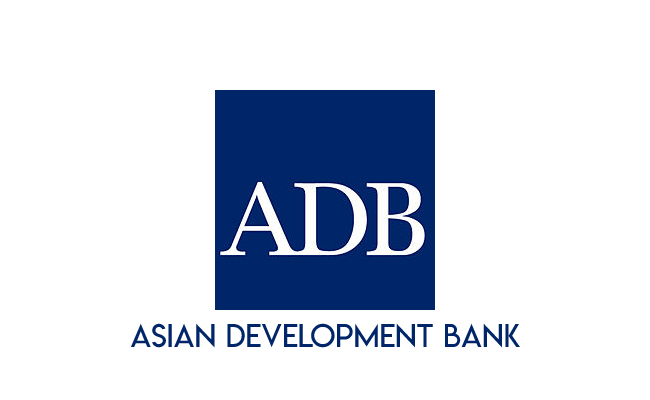The legislative framework for the UK’s Digital Securities Sandbox will take effect in January 2024. The DSS is intended to enable established financial market infrastructures and new entrants to experiment with the use of developing technologies in securities market infrastructure within a more flexible legal and regulatory environment. The idea is to support models and structures that would not be permitted under the existing framework. Detailed rules and procedures remain to be published by the Bank of England and Financial Conduct Authority in due course.
A legislative framework for the UK’s first FMI sandbox
FSMA 2023 gave the UK Treasury powers to create financial market infrastructure (FMI) sandboxes. This was to allow novel FMI models and practices that would not be permitted under the existing legal and regulatory framework to be tested within a live environment.
The Regulations for the first FMI sandbox, the Digital Securities Sandbox (DSS), have now been laid before Parliament and come into force on 8 January 2024. These Regulations create the legal framework pursuant to which the Bank of England and the Financial Conduct Authority will operate the DSS.
The Regulations, and accompanying Explanatory Memorandum, substantively reflect Treasury’s proposals set out in its July 2023 Consultation (as outlined in our previous blog post) and its November 2023 response. The key features are summarised below.
In scope activities and applicants
The activities in scope are:
- notary, settlement and maintenance services (i.e. those functions currently performed by central securities depositories (CSDs)); and
- operation of a trading venue (specifically, a multilateral trading facility (MTF), an organised trading facility (OTFs) or a recognised investment exchange (RIE)).
Activities must involve the use of “developing technology” (which includes, but is not limited to, distributed ledger technology) in a way that is not permitted under the general legal and regulatory framework.
Only UK established entities may participate in the DSS as a Sandbox Entrant. Subject to this, applications may be submitted by authorised MTFs and OTFs, recognised CSDs and recognised investment exchanges (that are not overseas investment exchanges) as well as other persons permitted to participate by the regulators.
The Treasury contemplates that entities seeking to perform notary, settlement or maintenance services will not be required to be fully authorised as a CSD in order to participate in the DSS, but will instead need to be designated as a “Digital Securities Depository” within the DSS. On the other hand, Sandbox Entrants operating a trading venue are expected to require full authorisation as a condition to conducting live activity within the DSS. Exactly how this all works remains to be fleshed out in the regulator rules.
The Treasury has also made clear that the DSS is not mandatory and is only available for “where the existing requirements act as a barrier or obstacle to using new technology”.
Although participation as a Sandbox Entrant is restricted to UK established entities, the Regulations do not restrict non-UK established entities interacting with a Sandbox Entrant or an in-scope instrument.
In scope instruments
The Regulations provide that transferable securities, including debt and equity securities, as well as money-market instruments and units in collective investment undertakings are in scope of the DSS. Derivatives are not within scope.
Instruments transferred or settled by a Sandbox Entrant within the DSS are intended to be treated in the same way as equivalent instruments outside the DSS. This means, for example, that a bond issued within the DSS may be used as collateral or in a repo transaction by any market participants.
The regulators may impose limits on the overall activity in the DSS and for individual Sandbox Entrants. These limits are not hardwired into legislation, with the intention of giving regulators the flexibility to tailor and adjust limits as appropriate.
Temporary legislative modifications
Set out in the Schedule to the Regulations are temporary modifications and disapplications in respect of certain pieces of financial services legislation, including the UK CSDR, FSMA 2000, Companies Act 2006 and the Uncertificated Securities Regulations 2001. Where legislation is disapplied under the Regulations, the Bank of England and the FCA are empowered to make rules instead. They may also tailor modifications and exemptions for particular participants.
Legislative modifications applicable to a Sandbox Entrant can also be relied on by other persons engaging with the activities of Sandbox Entrants, such as issuers and holders of securities recorded or traded within the DSS.
Where legislation has not been explicitly modified or disapplied in relation to non-DSS activities, it will generally continue to apply in unmodified form. The Treasury has, however, said that it is considering permanent changes to the Financial Collateral Arrangement Regulations and Settlement Finality Regulations outside the DSS in order to support the use of novel technologies or models.
What happens next?
The Regulations will be in force from 8 January 2024 until 8 January 2029. At least a year prior to its expiry, the Treasury must report to Parliament on (among other things) the efficiency and effectiveness of the sandbox arrangements and whether the Treasury proposes to make any permanent changes to law in order to allow any sandbox projects to continue on a permanent legislative footing (as it is empowered to do under FSMA 2023).
While the establishment of the DSS legislative framework is a significant milestone, much of the detail on rules and procedures remains to be revealed by the regulators in due course. The precise timing for that is still unknown, but with the clock soon to start ticking on the five-year legislative window there is much hope that it will arrive soon.






































